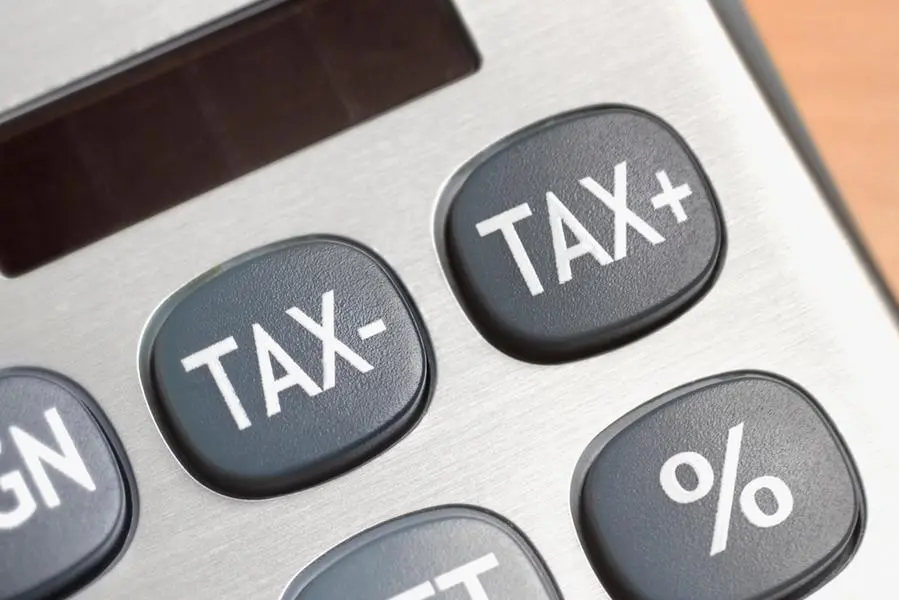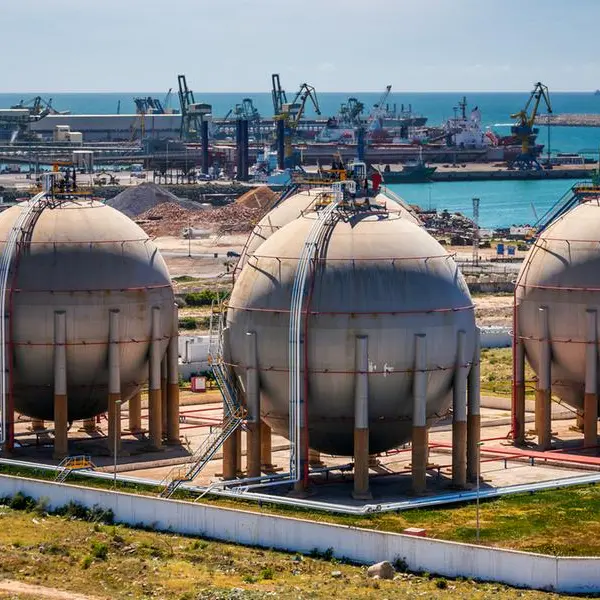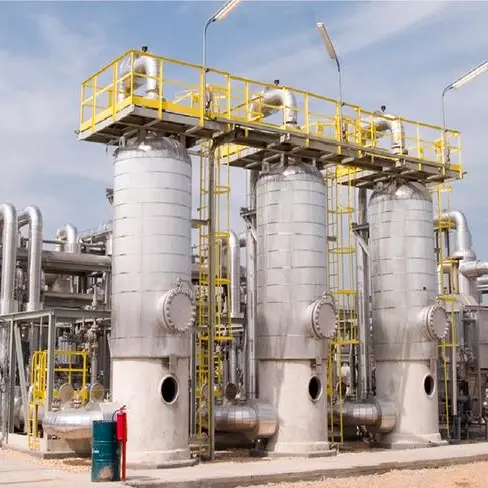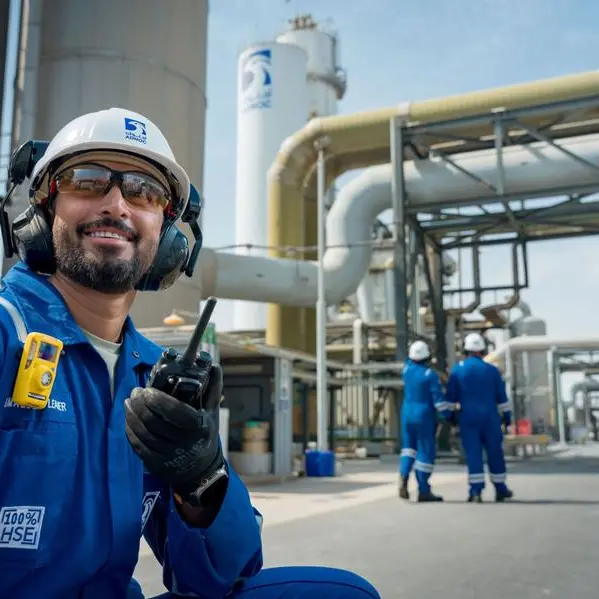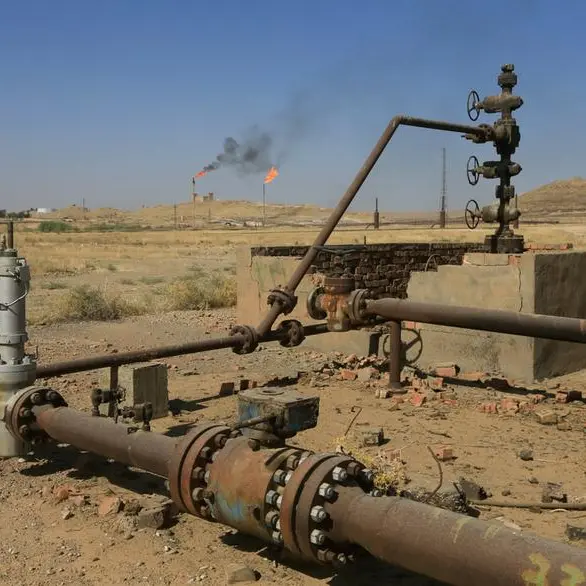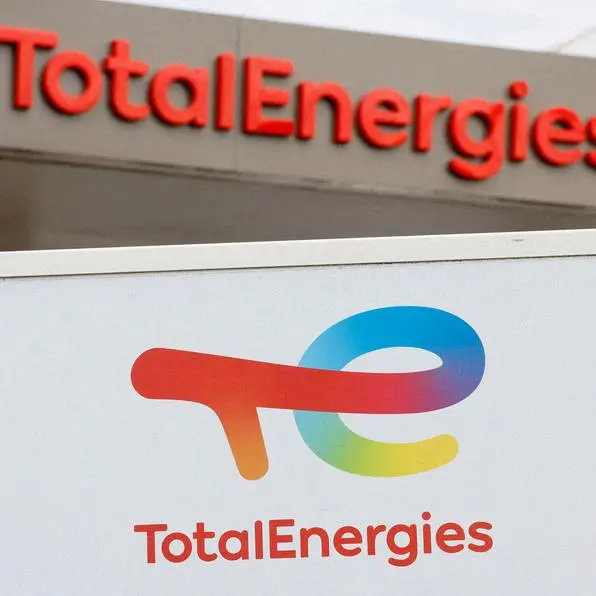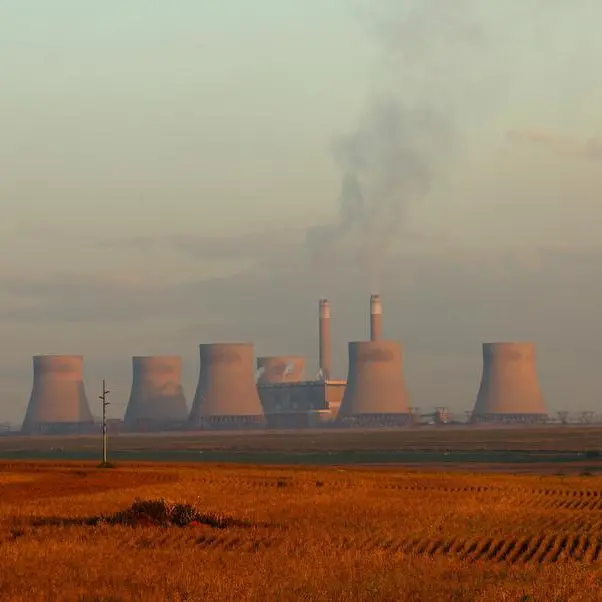PHOTO
Iraq has signed an agreement with a US firm to help in reforming its taxation system within a plan to boost non-oil revenue to fund reconstruction projects and tackle fiscal deficits. Osoul Foundation for Economic Development and Sustainability, a key Iraqi economic consulting firm, signed the pact on behalf of the Iraqi government with the Washington-based International Tax and Investment Centre (ITIC) on Monday.
The official Iraqi Al-Sabah newspaper said Baghdad was encouraged to finalise that deal following a surge of more than 20 percent in tax revenues last year.
“This agreement is a significant step towards reforming the tax system in Iraq...it constitutes a landmark step in our efforts to achieve that goal,” the paper said, quoting Abdul Hussein Al-Ankabi, Chairman of the government’s Tax Reform Committee (TRC).
Al-Ankabi said ITIC, an independent non-profit research organisation founded in 1993 to promote tax reform, would provide experts to Iraq to study the existing tax system and to “work towards reforming all aspects of the system.”
“Our target is to build a fair and transparent tax system, based on the best international practices so it will contribute to the improvement of the investment environment to attract more capital to projects and support of the domestic economy,” he said.
Asoul’s Chairman Khalid Al-Jabiri said the deal with ITIC is a “strategic step” for the improvement of the taxation and investment environment in Iraq.
“Cooperation with ITIC will contribute to achieving a more transparent and sustainable economic environment in Iraq...it will also help Iraq increase its non-oil revenues by improving the business atmosphere for foreign companies operating in Iraq and those which want to enter the Iraqi market,” he added.
In 2024, TRC said it was working on a new tax law that includes imposing new income taxes for companies and investors.
Al-Ankabi said the new income tax law would be a big step in tax reforms and would help in “getting rid of old financial laws.”
TRC said in a report last month that tax revenues jumped by nearly 22 percent to around 3.75 trillion Iraqi dinars ($2.8 billion) in 2024.
An adviser to Prime Minister Mohammed Al-Sudani also said last month that Iraq, OPEC’s second largest oil producer after Saudi Arabia, has set a target to boost non-oil revenues to 20 percent of the total national income to tackle a persistent budget deficit.
Non-oil revenues, comprising tax, customs and other earnings outside the hydrocarbon sector, soared to nearly 12 percent in the first nine months of 2024 from around 7 percent before Iraq approved a landmark 3-year budget in 2023, financial adviser Mudhar Saleh said.
Iraq, which controls the world’s 5th largest extractable oil deposits, has not yet released its 2025 budget, which is part of a 3-year budget approved in 2023.Spending was put at $153 billion for each of 2023, 2024 and 2025 with a 2023 deficit of around $49 billion.
The budget was based on an average oil price of $70 a barrel and production of around 4 million barrels per day (bpd), including nearly 400,000 bpd from the Northern Kurdistan region.
(Writing by Nadim Kawach; Editing by Anoop Menon)
Subscribe to our Projects' PULSE newsletter that brings you trustworthy news, updates and insights on project activities, developments, and partnerships across sectors in the Middle East and Africa.
